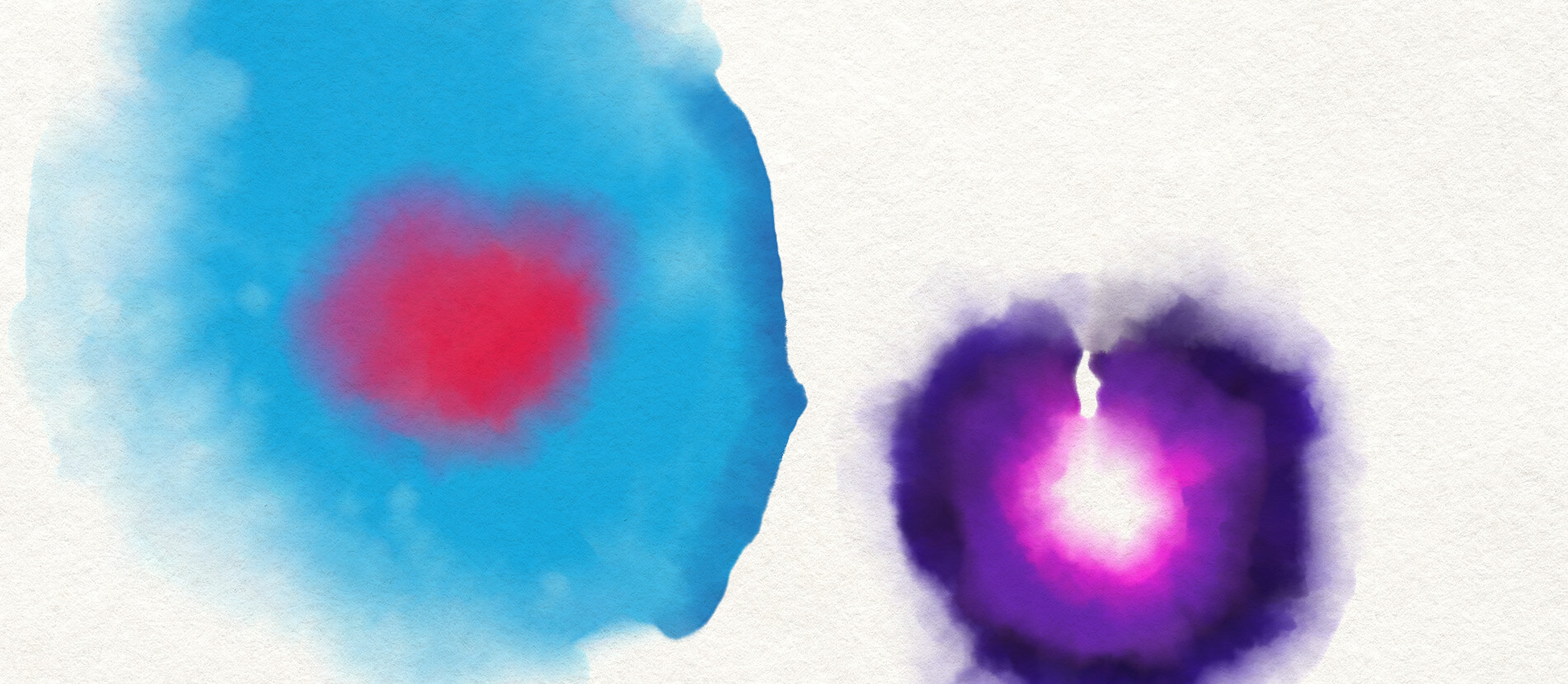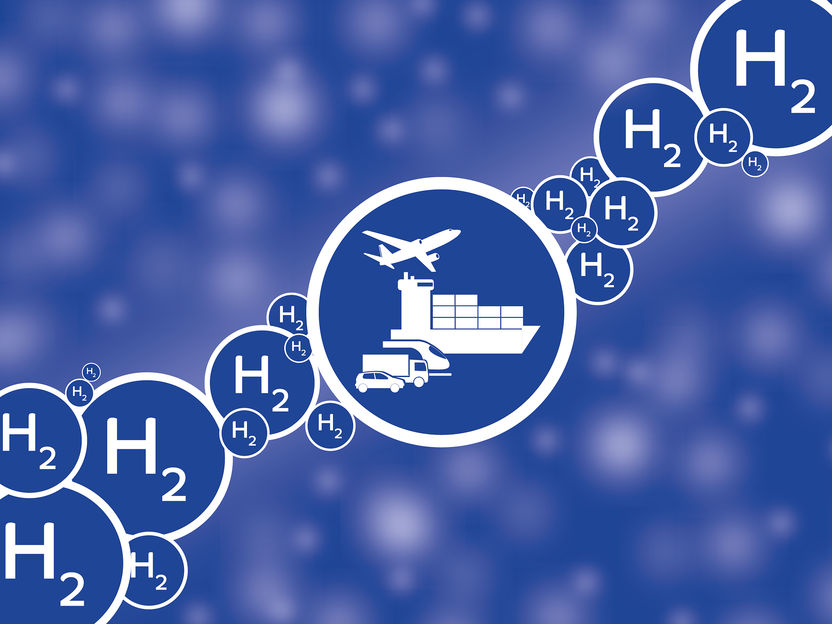How much caffeine is in your coffee?
Substantial differences exist in the caffeine and chlorogenic acid contents of espresso coffees that can result in over-consumption by consumers at risk of caffeine toxicity, say scientists in the UK.
The team carried out high performance liquid chromatography analysis of 20 commercial espresso coffees to reveal 6-fold differences in caffeine levels, a 17-fold range of caffeoylquinic acid contents and 4-fold differences in the caffeoylquinic acid:caffeine ratio. The variations reflect differences in batch-to-batch bean composition, possible blending of Arabica with robusta beans, roasting and grinding, but the predominant factor is likely to be the amount of beans used in the coffee-making/barista processes, they say.
The most caffeine in a single espresso was 322 mg and a further three contained >200 mg, exceeding the 200 mg per day upper limit recommended during pregnancy by the UK Food Standards Agency. This snap-shot of high-street espresso coffees suggests the published assumption that a cup of strong coffee contains 50 mg caffeine may be misleading.
Consumers at risk of toxicity, including pregnant women, children and those with liver disease, may unknowingly ingest excessive caffeine from a single cup of espresso coffee. As many coffee houses prepare larger volume coffees, such as latte and cappuccino, by dilution of a single or double shot of espresso, further study on these products is warranted. New data are needed to provide informative labelling, with attention to bean variety, preparation and barista methods.
See the theme worlds for related content
Topic World Chromatography
Chromatography enables us to separate, identify and thus understand complex substances. Whether in the food industry, pharmaceutical research or environmental analysis - chromatography opens up a treasure trove of information about the composition and quality of our samples. Discover the fascinating world of chromatography!

Topic World Chromatography
Chromatography enables us to separate, identify and thus understand complex substances. Whether in the food industry, pharmaceutical research or environmental analysis - chromatography opens up a treasure trove of information about the composition and quality of our samples. Discover the fascinating world of chromatography!




























































